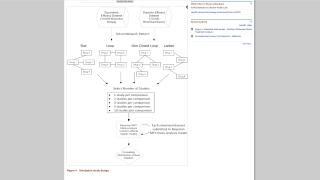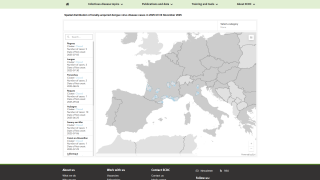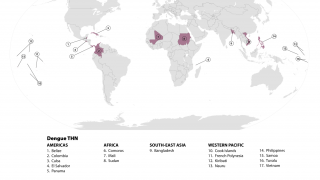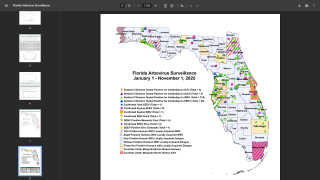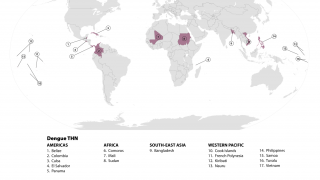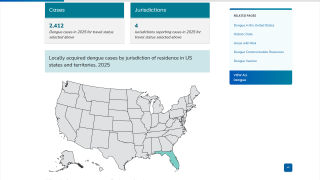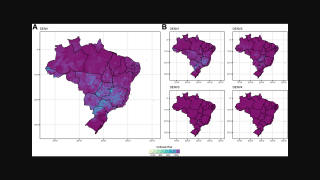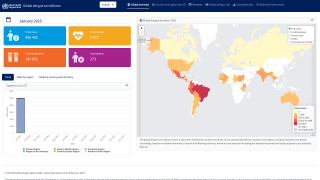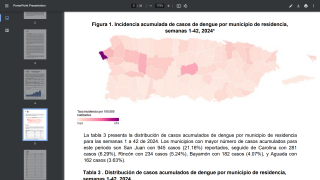India's Dengue Epidemic Took Decades to Develop
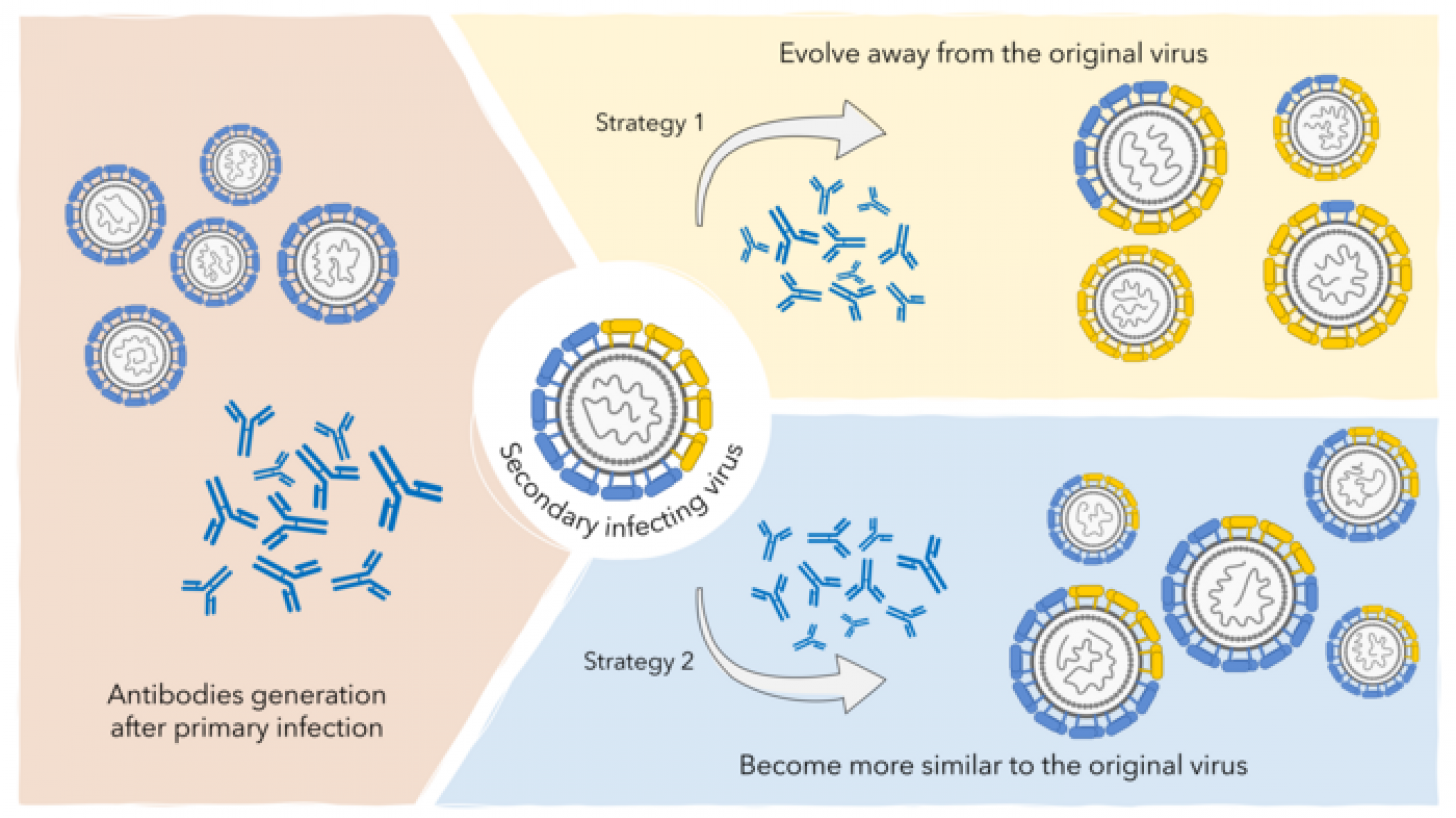
A multi-institutional study led by researchers at the Indian Institute of Science (IISc) shows how the dengue virus has evolved dramatically over the last few decades in the Indian subcontinent.
Cases of dengue have steadily increased in the last 50 years, impacting over 100 countries, predominantly in South-East Asian counties.
These IISc researchers examined 408 genetic sequences of Indian dengue strains from infected patients collected between 1956 and 2018 by others and the team.
And yet, there are no approved vaccines against dengue in India, although dengue vaccines (Dengvaxia Qdenga) have been developed in other countries.
“We were trying to understand how different the Indian variants are, and we found that they are very different from the original strains used to develop the vaccines,” stated Rahul Roy, Associate Professor at the Department of Chemical Engineering, IISc, and corresponding author of the study published in PLoS Pathogens on May 1, 2023.
Until 2012, the dominant strains in India were Dengue 1 and 3.
But in recent years, the researchers reported that Dengue 2 has become more dominant across the country, while Dengue 4 – once considered the least infectious – is now making a niche for itself in South India.
Suraj Jagtap, Ph.D. student and first author of the study, explained that sometimes, people might be infected first with one serotype and then develop a secondary infection with a different serotype, leading to more severe symptoms.
After a primary infection, the antibodies generated in the human body provide complete protection from all serotypes for about 2-3 years.
Scientists believe that if the second serotype is similar to the first, the antibodies in the host’s blood generated after the first infection bind to the new serotype and bind to immune cells called macrophages.
This proximity allows the newcomer to infect macrophages, making the infection more severe.
“We wanted to know if that can also change the evolution of the dengue virus,” Jagtap commented in a press release.
The researchers propose that if the body is infected around this time by a similar – not identical – viral strain, giving a massive advantage to this new strain, causing it to become the dominant strain in the population.
These researchers wrote that such an advantage lasts a few more years, after which the antibody levels become too low to make a difference.
To notify international travelers of this dengue risk, the CDC issued a Watch - Level 1, Practice Usual Precautions alert on April 17, 2023, confirming dengue is a risk in many parts of Asia and the Pacific Islands.
Other dengue outbreak news, including in Florida, is posted by Vax-Before-Travel.
Our Trust Standards: Medical Advisory Committee



